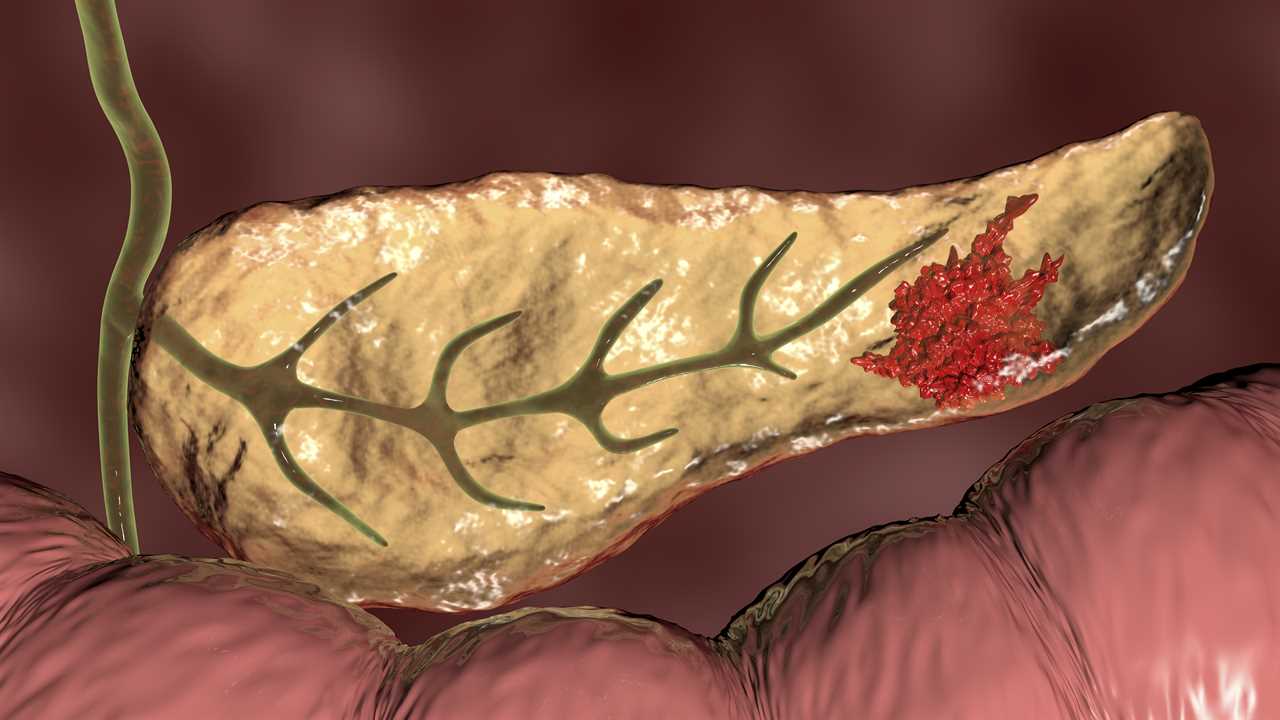A SILENT killer cancer is rising fast in young women, researchers have warned.
Scientists have said that unhealthy lifestyles could be behind the surge in cases of pancreatic cancer.

Pancreatic cancer is a cancer that’s found anywhere in the pancreas
It’s known as a silent killer as in many cases, it won’t have any symptoms or it will be hard to spot.
There are around 10,452 cases of the illness in the UK each year, and 9,558 deaths, Cancer Research states.
One in 53 men and one in 57 women will be diagnosed with the cancer in their lifetime, with risk increasing due to genetic factors, age and lifestyle.
Age specific rates rise from 35-39 then more steeply from 60-64, with the highest rates being seen in those aged 85-89.
In the US around 64,000 people a year are diagnosed, with the illness most commonly being diagnosed in men.
But scientists in Los Angeles, US, have now warned that cases in women under the age of 55 have increased by 2.4 per cent more than men of the same age.
Senior author of the study, Dr Srinivas Gaddam, associate director of the Cancer Institute at Cedars-Sinai in Los Angeles, said: “We can tell that the rate of pancreatic cancer among women is rising rapidly, which calls attention to the need for further research in this area.
“There is a need to understand these trends, and to make changes today so this doesn’t affect women disproportionately in the future.”
Medics looked at data of patients who had been diagnosed with the cancer between 2001 and 2018.
Rates increased in both sexes, but a gender gap emerged in younger age groups.
Writing in the journal Gastroenterology, Dr Gaddam said that survival rates are improving – but mainly in men.
“The data shows us a small increase in risk of pancreatic cancer.
“And that awareness might refocus people on the need to stop smoking, reduce alcohol use, eat a healthy diet, exercise regularly and manage their weight. These lifestyle changes all help decrease the risk of pancreatic cancer,” he added.
KNOW THE SIGNS
The NHS states that in many cases, pancreatic cancer might not have any symptoms.
However, some of the most common may include:
- jaundice – the whites of your eyes or your skin turn yellow, and you may also have itchy skin, darker pee and paler poo than usual
- loss of appetite or losing weight without trying to
- feeling tired or having no energy
- a high temperature, or feeling hot or shivery
You may also suffer with other symptoms such as:
5. feeling or being sick
6. diarrhoea or constipation, or other changes in your poo
7. pain at the top part of your tummy and your back, which may feel worse when you’re eating or lying down and better when you lean forward
8. symptoms of indigestion, such as feeling bloated.
It’s important that if you’re worried about any of your symptoms then you visit your GP.
If you already suffer with issues such as irritable bowel syndrome, then you may experience these issues on a regular basis.
You might get used to them, but if they change you must get checked out.
In the event of an emergency, always call 999 or visit your nearest A&E department.






